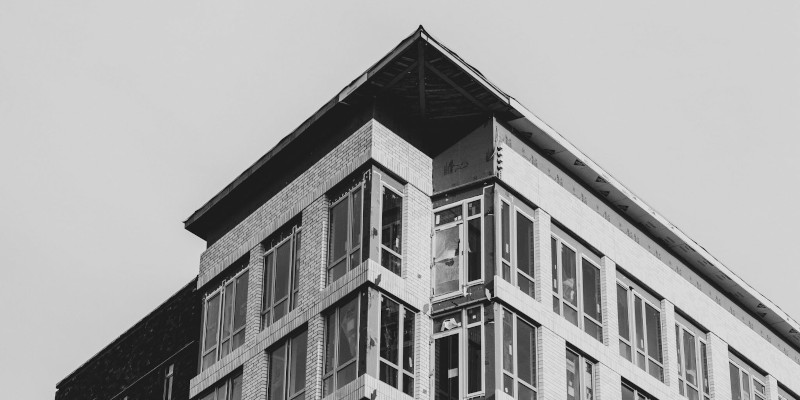Buying, selling, building or renovating a property in Vancouver? Let a Vancouver structural engineer explain what is covered in a structural engineering field review and why you might need to hire a building engineering specialist, like JRG Building Engineering.

What is a structural engineering field review?
A structural engineering field review is conducted to verify compliance with the design.
During a field review, a structural engineer with examines relevant structural elements such as:
- Framing
- Roof structure
- Foundations
- Beams
- Columns
- Posts
- Trusses
What happens during a field review?
During a structural engineering field review, the engineer will examine the building’s structure and the key elements mentioned above, in order to determine if there are any structural issues. The goal of the field review is to ensure that a structure can withstand anticipated loads and is safe for occupants to use.
What will you receive after a structural field review?
A structural engineering report! Once a field review has been completed, you will receive a full written report with the engineers findings, which will clearly outline any issues, their causes, and solutions to remedy them.
- A good report will typically include:
- Observations
- Determinations
- Recommendations for necessary repairs. if applicable
When and why are structural field reviews required?
Reasons for a structural engineering field review vary, listed below are some occasions when you should consider hiring a structural engineer to inspect your property:
- Building a new residential property -The services of a structural engineer are required when building a home from scratch to ensure the designs match the work under the permit, comply with relevant bylaws and meet safety, accessibility and green building codes. Due to the complexity of modern buildings and technologies, usually, several inspections will be required at different stages of construction.
- Structural issues occur – If you start to notice structural changes, ceiling or wall cracks then consult with a structural engineer to ensure your building is safe for occupancy.
- Remodelling/renovations – If you are looking to minor or major renovations, approvals and permits are likely needed to ensure your project meets bylaws and regulations to ensure building safety.
- Damage due to weather or seismic activity – Structural engineers are an unbiased third party; therefore a report from an engineer stating any damage may be sufficient for an insurance company to accept your claim and give better insight to the repairs required.
- Selling your home – Be proactive! By getting an inspection before selling your home you can determine what issues need to be fixed or not and adjust your home price accordingly. Additionally, having a report could ease a potential buyers mind and result in a smoother sale.
- Buying a home – Be smart! Don’t make a huge investment without having a clear understanding of the building’s structural condition.
How can JRG help
Here at JRG, our team can provide your project with extensive knowledge in design, load calculations and building envelope engineering services to ensure your project meets Vancouvers bylaws and BC Energy Step Code requirements.

